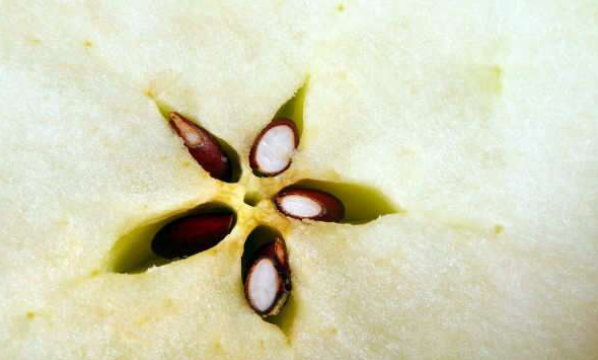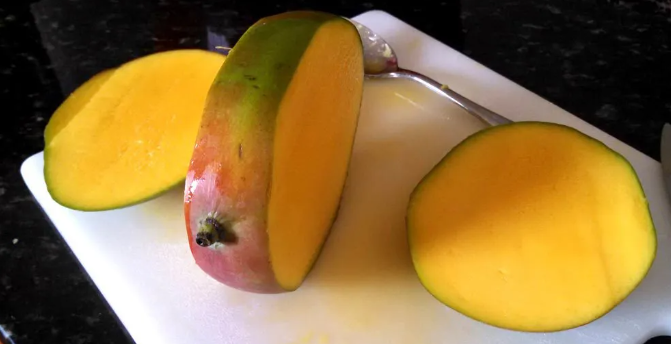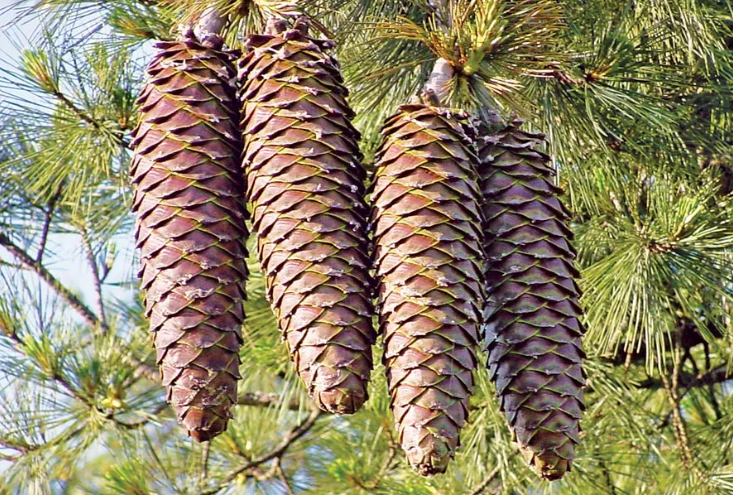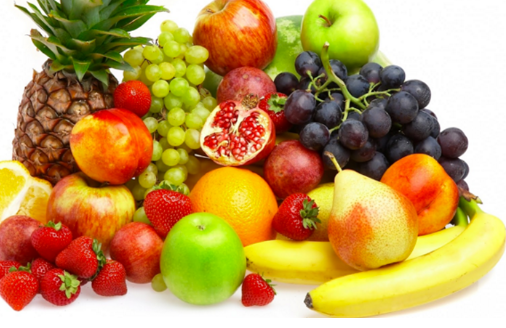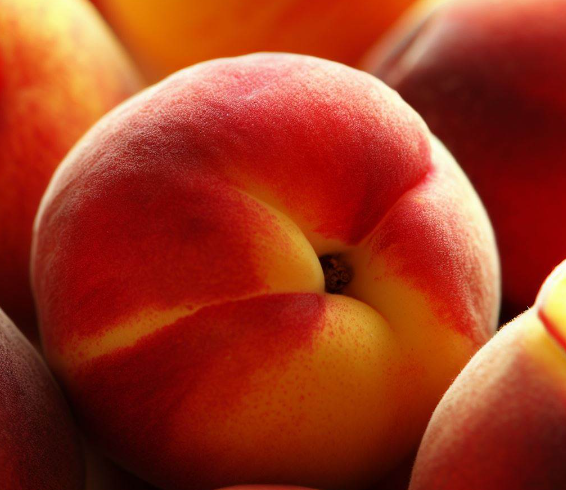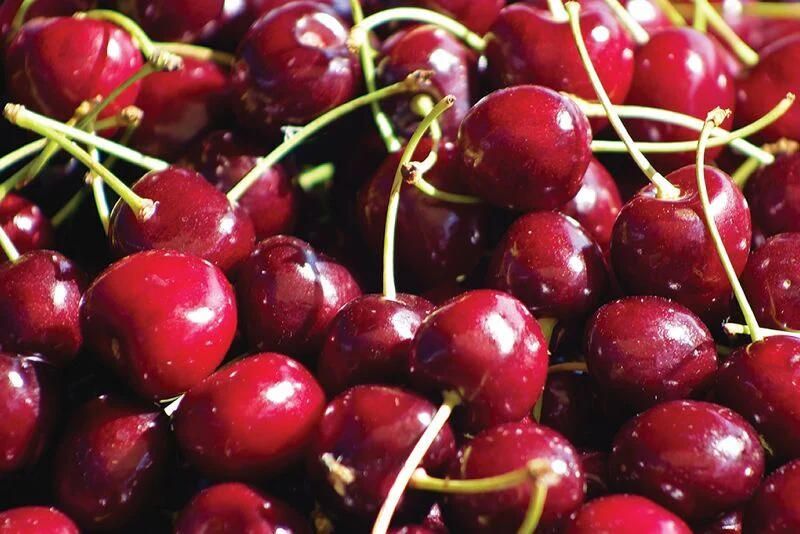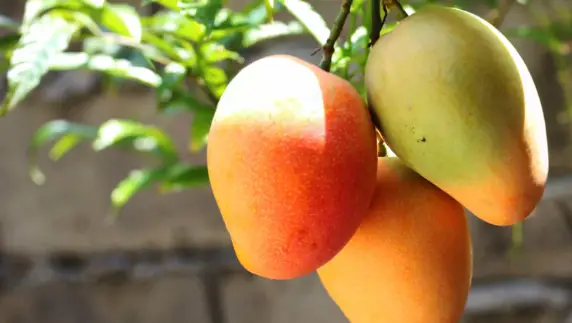Peaches are well-loved for their sweet taste and lovely smell. You might wonder if they are tropical fruits.
In this detailed guide, we will look at what makes a fruit tropical, where peaches come from, the kind of weather they need, what good things they offer for your health, different ways you can eat them, some tasty recipes that include peaches, how to pick a perfect peach, tips on keeping them fresh, easy ways to make them ripe, and fun peach facts.
Table of Contents
- What Are Tropical Fruits?
- Features of Tropical Fruits
- Peaches: A Tropical Delight?
- The Story of Peaches
- Where Do Peaches Grow Best?
- What’s Good About Peaches?
- Health Perks of Eating Peaches
- Cooking with Peaches
- Some Favorite Peach Recipes
- Choosing the Best Peach
- Keeping Peaches Fresh and Ripe
- Fun Facts About Peaches
- Conclusion
- FAQs
- Can peaches grow in tropical regions?
- Are peaches high in sugar?
- Are peaches a good source of vitamins and minerals?
- Can peaches be used in savory dishes?
- Can unripe peaches ripen after being picked?
What Are Tropical Fruits?
Tropical fruits grow in places that are warm and moist near the middle of the Earth. These areas often have lots of rain and high temperatures that don’t change much.
These fruits usually have bright colors, strong tastes, and special smells. They are packed with nutrients that are good for you, and people love them for their unique flavors and how they can be used in many kinds of food.
Features of Tropical Fruits
Tropical fruits are known for certain traits that stand out.
They usually have a soft or thick feel, and the taste can be sweet or sour, sometimes both. These fruits have lots of important vitamins, minerals, and things called antioxidants. They’re often used in food because they’re refreshing and tasty.
Peaches: A Tropical Delight?
No, peaches are not tropical fruits. Although people all over the world enjoy them, they come from parts of the world that aren’t tropical. They grow best in places that have different seasons and temperatures that are not too hot or too cold.
The Story of Peaches
Peaches have been around for a very long time. It’s thought that they were first grown in China more than 4,000 years ago.
After being grown in China, peaches made their way to Persia, which is now Iran, and from there they spread to Europe and other parts of the world because of trade and exploration.
Where Do Peaches Grow Best?
Peaches need a special kind of weather to grow well. They are trees that lose their leaves in the fall and need cold weather in the winter to help them start growing fruits again.
The best place for peaches to grow is where it is cold in the winter but not too hot in the summer. They need to be in the cold, usually for 600 to 900 hours, to help them wake up from their winter sleep and start making fruit.
What’s Good About Peaches?
Peaches are full of good things that can help keep you healthy. They don’t have many calories and have plenty of vitamins like C, A, and E.
They also have fiber, which helps your stomach, potassium, which is good for your blood pressure, and antioxidants, which protect your cells from damage.
Health Perks of Eating Peaches
Beyond being yummy, peaches have lots of health benefits. The antioxidants in peaches can help keep your cells from getting hurt by bad things called free radicals. Vitamin C in peaches is important for keeping your immune system strong and building collagen. The fiber in peaches is great for digestion and keeping a healthy gut.
Cooking with Peaches
Peaches can be used in many kinds of dishes. They are perfect just as they are or in a fruit salad.
You can also bake them into pies, crumbles, and tarts. Their sweet taste is good for making jam or jelly. You can cook them on the grill, roast them, or add them to savory foods like salads or salsas.
Some Favorite Peach Recipes
- Classic Peach Pie
- Crunchy Peach Crumble Bars
- Sweet Grilled Peach Salad with Soft Goat Cheese
- Peach Melba with Juicy Peaches and Raspberries
- Savory Peach and Prosciutto Flatbread
Choosing the Best Peach
Getting a peach that’s just right means using your eyes and hands. Look for bright yellow, orange, or red colors, but no green areas because that means it’s not ripe. Squeeze the peach gently to see if it’s a little soft, and smell it near the top – a sweet smell means it’s ready to eat.
Keeping Peaches Fresh and Ripe
If your peaches aren’t quite ripe, leave them out on the counter to ripen. You can put them in a paper bag to make it happen faster. When they’re ripe, put them in the fridge to make them last longer. But try to eat them soon because if they stay in the fridge too long, they might not taste as good.
Fun Facts About Peaches
- Peaches belong to the rose family, which includes plums, cherries, and almonds.
- There are two types of peaches: freestone peaches, where the stone falls out easily, and clingstone peaches, where the stone sticks to the peach.
- China grows more peaches than any other country, but they are also grown a lot in places like the United States, Italy, and Spain.
- The state of Georgia in the United States is nicknamed the ‘Peach State’ because it’s famous for its peaches.
- The state of Georgia is known for its delicious peaches and is often called the “Peach State.”
Conclusion
Peaches are fruits that grow best in places where the weather is not too hot all year round. They might not come from places with tropical climates, but people love peaches for how good they taste, the good things they offer to our health, and how they can be used in so many different kinds of food.
Whether you eat peaches straight off the tree, bake them into pies, or mix them into various dishes, they keep on being a favorite choice and provide an enjoyable experience for fruit lovers everywhere.

